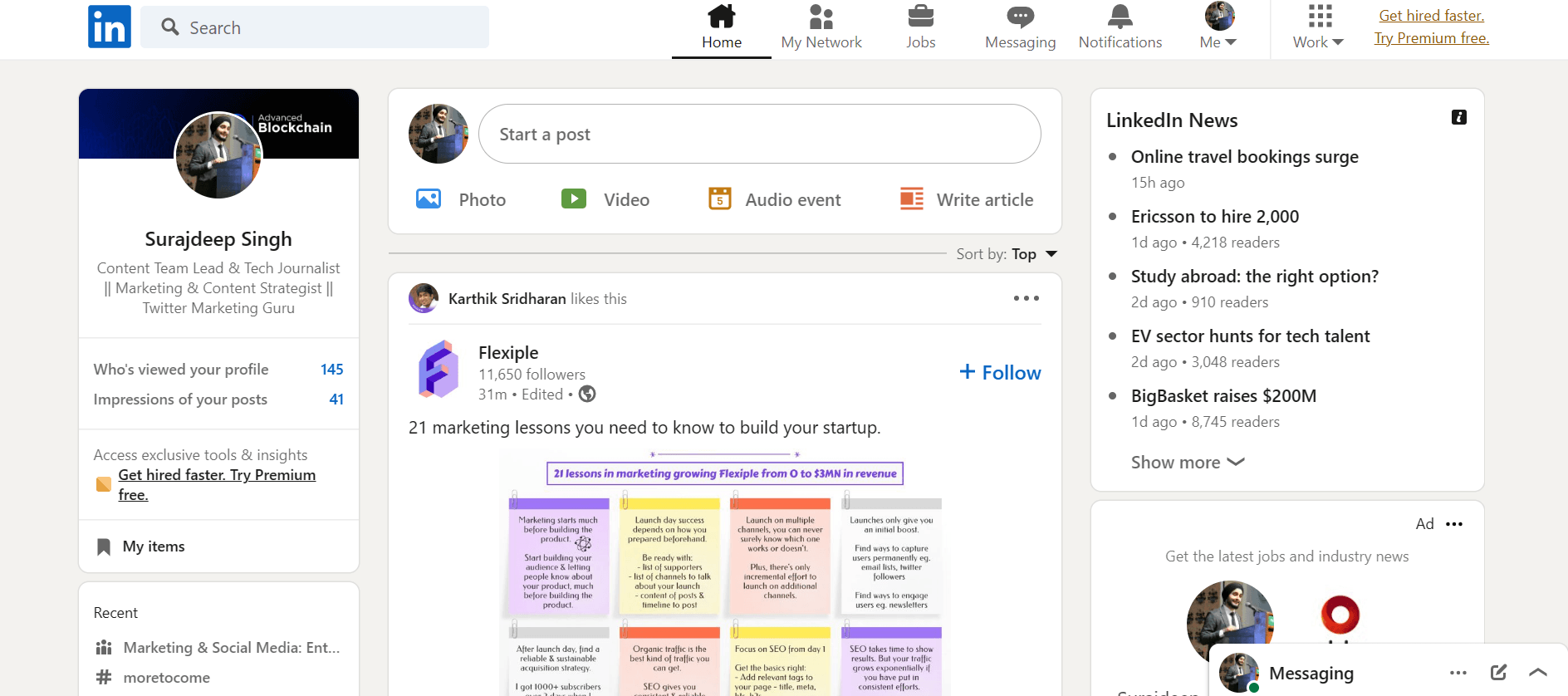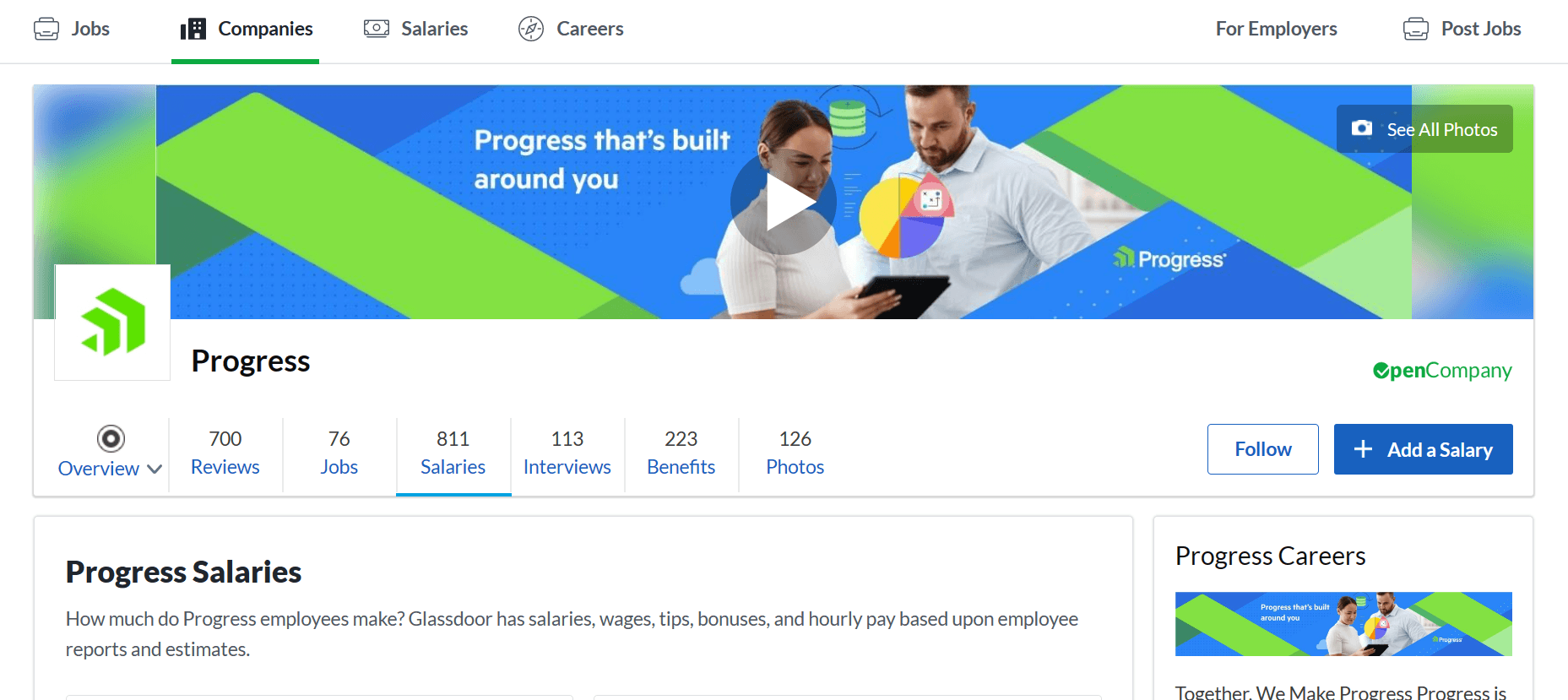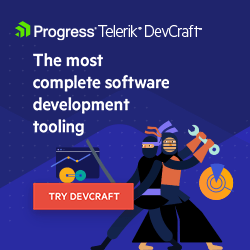Job Hunting in 2023 as a Developer

Summarize with AI:
Find out some best practices as you prepare to embark on your new job search.
Rising unemployment is a sign of the times—a culmination of several macroeconomic issues escalated by the COVID-19 pandemic and the Russia-Ukraine War, and quite bluntly, incompetent hiring drives, among other factors.

Source: Sue Styles (Pixabay.com)
Several giants such as Amazon, Microsoft, Meta, Alibaba, Twitter, Lyft, Stripe, Coinbase, Shopify and Netflix have laid off thousands of employees, leading to a surplus of talent in the hiring market. With “a probable recession” around the corner according to Lyft President John Zimmer, things may get worse.
Where does this leave developers who have been laid off or are looking for a change in their careers? Should you stay put and avoid looking for a new job in this tumultuous climate? We will answer all your questions—read on!
It May Be the BEST Time to Quit Your Job!
No, this is not crazy! Now may just be the right time to quit your job, especially if you are facing one or more of these signs. If you look at the upside, several unbelievable talents are on the lookout for new jobs, and companies that are better poised in the current climate will latch onto this opportunity and hire them. If you feel that now is the right time to make a move elsewhere, do not feel afraid to hunt for new opportunities.

Step out of your comfort zone! A fascinating story || Source: Narpath Raman (Linkedin.com)
Of course, to be on the safer side—do not quit your current job while you are on the lookout for a new opportunity. It is now easier than ever to search for new jobs, with the emergence of several top-notch job boards and the availability of resources to crack interviews.
That said, the job searching process must be done right to maximize results, as finding a job is easy, but landing one is difficult. Here is all you need to know about job hunting in 2023 as a developer.
Job Hunting Best Practices for Developers
Here are the best practices for job searching that you should implement as a developer:
- Determine whether you really want to quit your job.
- Figure out what you are looking for in the new role.
- Find the best job search websites for that role.
- Narrow down your job search to the best companies currently hiring for that role.
- Connect with the HR departments of these companies.
- Prepare a list of dream companies and connect with HR in these companies.
Determine Whether You Really Want to Quit Your Job
There may be several reasons why you want to quit your job. These may include:
- A toxic working environment.
- You do not feel challenged/career stagnation.
- A lack of motivation.
- The company’s vision no longer meets your aspirations.
- Undercompensation.
- You feel overworked.
- A better opportunity comes your way.
If you are suffering from one or more of these issues, it is time for you to look for a new job. Developers are the backbone of any product-based organization, and you must be in the right frame of mind to achieve optimal results.
If you have come to the conclusion that you want to quit your job, or rather NEED to quit it, you are at the right place. Continue reading to learn what next steps you should take.
P.S. Excitement is well-founded, as you are on the verge of starting a new chapter in your life!
Figure Out What You Are Looking for in the New Role
When making a career move, it is paramount that you know exactly what you are looking for. For example, if you are currently working as a junior developer and feel you may not have learned all it takes to take on a mid-level developer role (but you NEED to search for a new job), taking on a similar role with better pay, better working conditions and a steeper learning curve is a step up, not a step down.
Similarly, if you are ready to take on a more demanding role, having acquired all the necessary skills for the same, the next step in your job hunt is to get on a job search portal!
Find the Best Job Boards for That Role
Simply put, there are numerous job boards of acclaim that you could turn to as a developer. LinkedIn is more than a job board—it could potentially be the only platform you need to land a new job.

Source: Surajdeep Singh (Linkedin.com)
Click on the Jobs option on the menu bar and search for a role based on title, skill or company. You can also set up Job alerts, take advantage of resources such as Skill Assessment and Interview Prep, and directly connect with HR and senior management professionals (see more details about how to approach them in the sections below).
If you click on the Search bar at the top left-hand side of your screen, you can view content related to particular keywords and hashtags, such as #hiring, #jobadvice, etc. LinkedIn is all about building relationships, so register on the platform today even if you are not looking for a job!
Other recommended job portals include Indeed, Upwork, Monster and Glassdoor. If you are simply looking for part-time/freelance gigs, turn to Upwork. Indeed, Monster and Glassdoor are among the best in the business when it comes to connecting professionals to jobs that best meet their expertise.
Narrow Your Job Search to the Best Companies Currently Hiring for That Role
You must perform a thorough company reputation check before applying. Job search platforms like Glassdoor, Indeed and LinkedIn provide extensive employee feedback (with LinkedIn you will have to dig deeper), including management behavior/work culture, the potential for growth, perks offered, the competitiveness of salaries offered, etc.

Source: Glassdoor.com
While some jobs and companies may look good on paper, it is important to perform a stringent background check before applying for a job. ONLY apply for jobs that pass all relevant criteria.
Connect with the HR Departments of These Companies
Once you have applied to developer jobs of choice, the final step is to connect with the human resource professionals of these companies via email or LinkedIn. Send a custom email/message one week after applying for a job thanking the HR professional for the opportunity, describing how you fit into their scheme of things, and exploring why you are excited about the role.
This email/message will serve as a follow-up to your job application. You may not receive a response, so do not feel disheartened—you have done your bit.
Prepare a List of Dream Companies and Connect with Their HR Departments
Everyone is allowed to dream and dream big. You should prepare a list of dream companies and connect with their human resource teams. Connect with these professionals through email or LinkedIn and send a message following the template in the previous subsection. Make sure to not sound mechanical or over-eager. Luck favors the brave and you may just land your dream developer job!
Even if they don’t have an open role at the moment, they could keep you in mind in case a vacancy opens up in the near future.
Concluding Note
Remember, the current job climate is difficult and it may take several days, weeks or even months to land a job. Do not give up, and keep learning from your mistakes! Follow the mantras we mentioned, brush up on your skills and do all it may take to land a new job—a job that you thoroughly deserve.
Good luck with your job hunt, developers!
What skills should you hone as you look for what’s next? Read: 7 Must-Have Soft Skills for Developers in 2023.

Surajdeep Singh
Surajdeep Singh has been working in the tech sphere as a marketing guru and journalist for more than six years, with a specialty in blockchain and Web3. He has donned several hats in marketing and journalism over the years and worked with many reputable brands. Feel free to reach out to him on LinkedIn.

